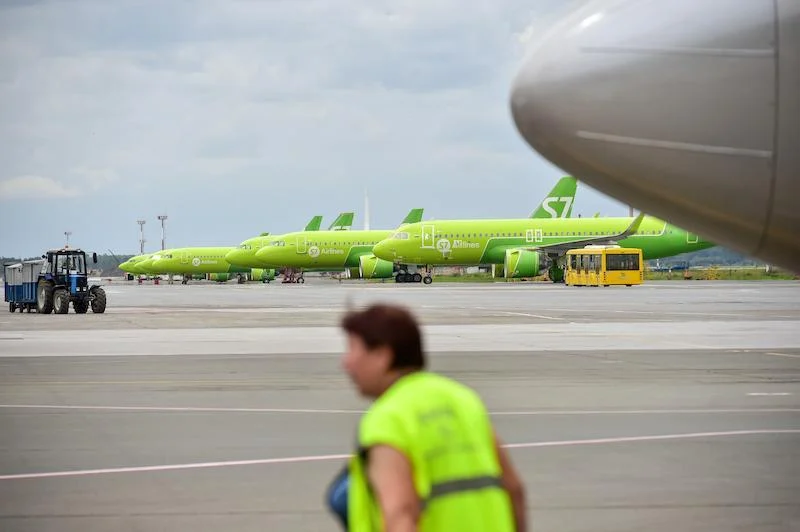Russian Airlines Contend With Worsening Spare Parts Shortage

Credit: Sipa US/Alamy Stock Photo
Russia’s aviation industry continues to look for ways to substitute the Western-made aircraft spare parts and equipment that its carriers need to keep their fleets operational. More than a year has passed since Western sanctions were imposed that banned deliveries of commercial aircraft and...
Subscription Required
This content requires a subscription to one of the Aviation Week Intelligence Network (AWIN) bundles.
Schedule a demo today to find out how you can access this content and similar content related to your area of the global aviation industry.
Already an AWIN subscriber? Login
Did you know? Aviation Week has won top honors multiple times in the Jesse H. Neal National Business Journalism Awards, the business-to-business media equivalent of the Pulitzer Prizes.




